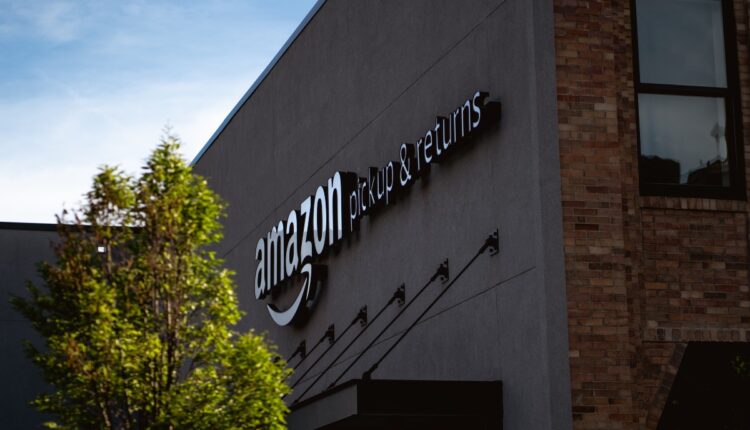Amazon used a secret algorithm to increase the prices of its products and that helped it improve its profits on items in all purchasing categories, thus favoring unfair competition.
This algorithm was used in what was internally known as Project Nessie and allowed the company to obtain more than a billion dollars in revenue, according to a monopoly complaint filed by the Federal Trade Commission (FTC) and to which Wall has had access. Street Journal.
More specifically, Amazon would have used this algorithm to test how much it could increase prices in such a way that competitors would follow this trend and reinforce the power that the company has in e-commerce, monitoring the movements of these other companies.
In this way, by making their products more expensive, competitors also increased their prices and charged customers more. The informants also clarified in this lawsuit that in cases where competitors did not raise the price of their products to Amazon’s level, this algorithm was capable of automatically changing the price to the original.
The company also employed Project Nessie, which is currently deprecated, with the goal of creating a sort of “promotional spiral,” according to Amazon employees. This indicates that once the brand matched the price of a product with the same one marketed by another website -WSJ mentions Target.com-, the other competitors would maintain that value, which limited the profit margin of these others.
Dees from Amazon highlighted that “the FTC’s accusations seriously and wrongly characterize this tool”, in the words of a spokesperson, who insisted to this newspaper that the algorithm “did not work as expected”, which is why it was discarded.
“Project Nessie had a simple purpose: to try to prevent our price matching from producing unusual results where prices became so low as to be unsustainable,” this spokesperson added.
From WSJ they said, for their part, that Project Nessie is one of several cases in which the complaint filed with the FTC maintains that Amazon’s monopoly power had a broad impact on the increase in consumer prices in retail commerce.
Source: dpa
(Referential image source: Bryan Angelo, Unsplash)
Visit our news channel on Google News and follow us to get accurate, interesting information and stay up to date with everything. You can also see our daily content on Twitter and Instagram


